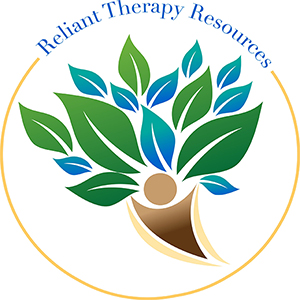The Transformative Power of Clients

The Transformative Power of Clients: How They Positively Affect the Lives of Recreational Therapists
Recreational therapy is a field dedicated to improving the physical, cognitive, emotional, and social well-being of individuals through leisure activities. While the focus often remains on the patients or clients receiving care, the reciprocal relationship between the therapist and client is profound and transformative. Clients, in their unique ways, play an instrumental role in shaping the lives and perspectives of recreational therapists. Let’s take a deeper dive into how clients positively affect the lives of these dedicated professionals.
1. Inspiration Through Resilience
Every client comes with a story, a journey filled with challenges, setbacks, triumphs, and resilience. Witnessing this resilience can be a powerful motivator for a therapist. The determination shown by clients to overcome physical or emotional barriers inspires therapists to approach their profession with renewed vigor and empathy. It serves as an intense reminder of the human spirit’s ability to rise above adversity.
2. Validation of Professional Purpose
Recreational therapists work diligently to create tailored programs that cater to individual client needs. When clients show progress, find joy in activities, or express gratitude, it validates the therapist’s purpose and reinforces the impact of their profession. Such mom

ents of validation can boost a therapist’s confidence, job satisfaction, and commitment to their craft.
3. Continuous Learning and Growth
Each client presents a unique set of challenges and requirements. To meet these needs, therapists often engage in ongoing learning, exploring new techniques, and refining existing ones. This continuous learning not only enhances professional skills but also fosters personal growth. Clients, inadvertently, become catalysts for a therapist’s journey of lifelong learning.
4. Deepening Empathy and Understanding
Empathy lies at the heart of therapeutic relationships. Engaging with clients from diverse backgrounds, experiences, and conditions deepens a therapist’s capacity for empathy. It broadens their understanding of human emotions, vulnerabilities, and strengths. This heightened empathy not only enriches their professional interactions but it also extends into their personal lives, fostering deeper connections with others.
5. Reaffirmation of the Importance of Recreation
Clients’ experiences emphasize the profound impact of leisure and recreation on overall well-being. Through therapeutic activities, clients rediscover joy, purpose, and connection. For therapists, witnessing this transformation reaffirms the significance of their work. It higlights the vital role of recreation in enhancing the quality of life, promoting health, and fostering community integration.
While the primary goal of recreational therapy is to enhance clients’ lives, the reciprocal nature of therapeutic relationships ensures that therapists also experience profound personal and professional growth. Clients, with their stories, resilience, and progress, serve as constant reminders of the transformative power of human connection, empathy, and leisure. As both parties navigate their respective journeys, they co-create a space filled with hope, growth, and mutual respect. In this symbiotic relationship, clients and therapists not only heal and grow but also inspire and uplift each other, forging bonds that extend beyond the scope of a therapeutic setting.
